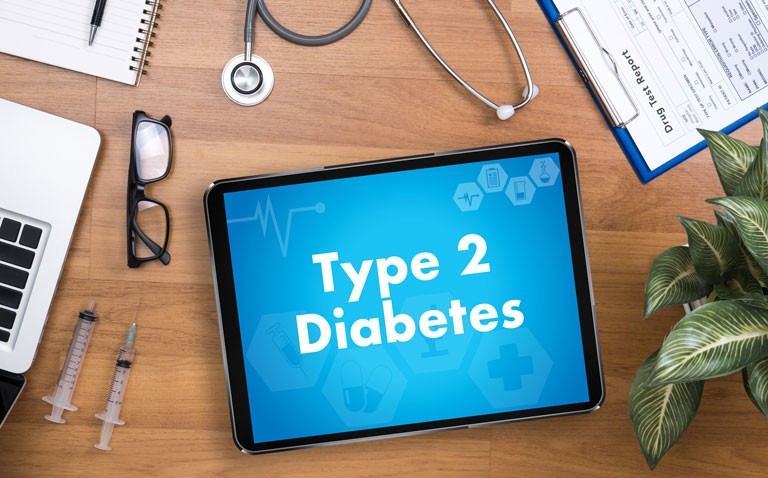Type 2 diabetes drugs reduce the incidence of cardiovascular events but little is known about the combined effect with insulin.
The presence of type 2 diabetes increases the risk of atherosclerotic disease such as intermittent claudication, congestive heart disease and coronary heart disease. In fact, some evidence shows that diabetic patients are at a higher risk of cardiovascular-related mortality. Newer diabetes drugs include sodium-glucose co-transporter 2 inhibitors (SGLT-2), glucagon-like peptide-1 receptor agonists (GLP-1) and dipeptidyl peptidase-4 inhibitors (DPP-4). While clinical trials have shown beneficial effects from these drugs, the comparison has been made with placebo and whether use of insulin, which is more common in clinical practice, affects cardiovascular outcomes remains unclear. However, some evidence shows that insulin therapy is associated with a higher mortality and cardiovascular events. Given the concern over the relative benefits of the newer treatments in the presence of insulin, a team from Tulane University Health Sciences Centre, New Orleans, US, decided to examine in more detail, the cardiovascular outcomes within trials of the newer agents, where the patient’s drug regime included insulin. The team searched for trials in which both the newer drugs and insulin were specifically included. A further requirement was that the study reported on a composite of major adverse cardiovascular events (MACEs) e.g., cardiovascular death, myocardial infarction or ischaemic stroke in both the new drug and insulin subgroups. The researchers reported relative risks for 4 different comparisons (A to D): A = new drug (no insulin) vs placebo; B = new drug and insulin vs new drug; C = new drug with insulin vs insulin with placebo; D = insulin with placebo vs placebo.
Findings
In total, eight trials involving SGLT-2 (2 trials), GLP-1 (4 trials) and DPP-4 (2 trials) were included. The pooled relative risk, RR, for any one of these new drugs alone versus placebo was 0.85 (comparison A), indicating a cardiovascular benefit. Similarly, there was a benefit (RR = 0.93) for the new drug with insulin (comparison C). However, for comparison B and D, there was evidence of an increased risk of MACE, with an RR of 1.52 (comparison B) and an RR of 1.33 (comparison D). Since the trials with DPP-4 did not demonstrate either cardiovascular benefits or harm, these were excluded from a subsequent analysis. When excluding DPP-4, comparisons A and C were still below 1 (0.83 and 0.89 respectively), i.e., indicating a benefit but again comparison B and D were above 1 (1.46 and 1. 30 respectively). In other words, the results suggest that in patients with type 2 diabetes who are prescribed insulin, any cardiovascular benefits from the addition of either an SGLT-2 or GLP-1, may be attenuated by insulin. In trying to account for these results, the authors suggested that prior use of insulin was a marker for more severe disease and hence a higher risk of adverse cardiovascular events. Thus, although the new anti-diabetic drugs still confer cardiovascular benefits, the authors suggest adding these drugs at an earlier stage of the disease.
Citation
Khatib JE et al. The Association Between Baseline Insulin Treatment and Cardiovascular Events: A Meta-Analysis 2021 J Endocrin Soc https://doi.org/10.1210/jendso/bvaa193










